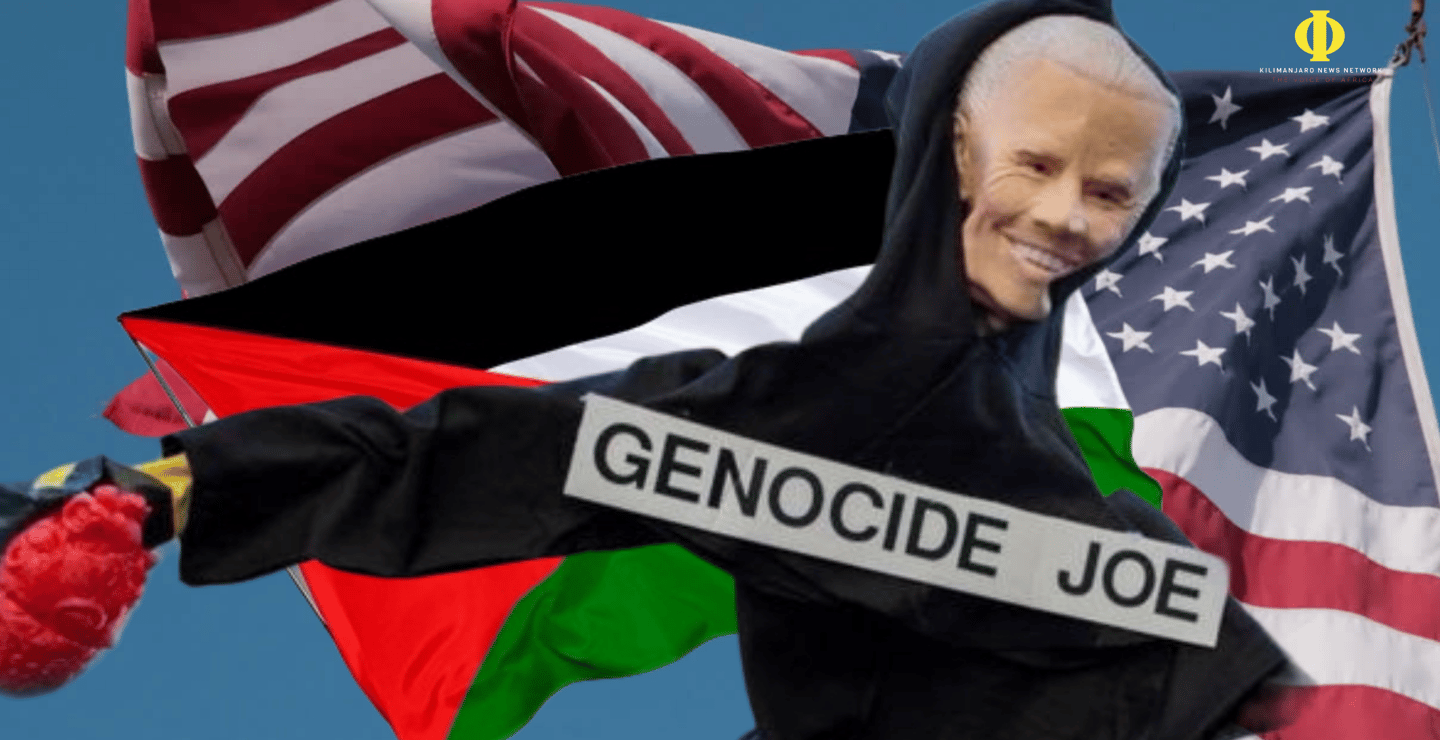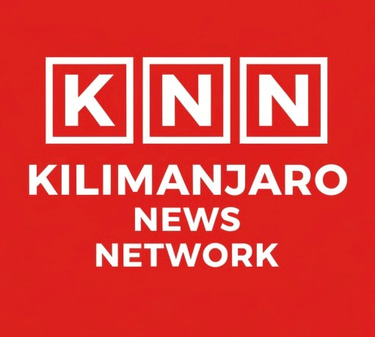Western Officials Finally Speak Out About Aiding and Abetting Israel’s Genocide War in Gaza, But where Have they Been?
A flicker of hope cuts through the despair plaguing the Israeli-Palestinian conflict. Western officials, finally, are raising their voices in condemnation of Israel's Gaza policy. We must laud their initiative, but the applause echoes with a hollow ring – a stark reminder of the deafening silence that preceded it.
WORLD AFFAIRS
2/4/20242 min read


Western Officials Finally Speak Out About Aiding and Abetting Israel’s Genocide War in Gaza, But where Have they Been?
A flicker of hope cuts through the despair plaguing the Israeli-Palestinian conflict. Western officials, finally, are raising their voices in condemnation of Israel's Gaza policy. We must laud their initiative, but the applause echoes with a hollow ring – a stark reminder of the deafening silence that preceded it.
For months, the world watched, aghast, as the humanitarian crisis in Gaza unfolded. Images of bombed-out buildings and grieving families haunted our screens, yet official pronouncements remained tepid, couched in diplomatic doublespeak. Where was the outrage, the condemnation befitting the scale of suffering?
One nation, South Africa, stands out in this narrative of muted response. Unburdened by historical baggage or geopolitical compulsions, they spoke truth to power, refusing to turn a blind eye to injustice. Their actions are a beacon of courage, a testament to the power of speaking up, even when your voice trembles.
But the question lingers: why did it take so long for others to follow suit? Was it fear of jeopardising strategic alliances, or the inertia of bureaucratic machinery? Perhaps it was the insidious normalisation of suffering, the numbing acceptance of the status quo. Whatever the reason, the delay has been unconscionable.
The world is changing. The West, once the undisputed leader on the global stage, now faces challenges from rising powers who refuse to toe the line. This is not a moment for clinging to outdated policies or turning a blind eye to injustice. It is a call for introspection, for a fundamental rethink of Western foreign policy.
The choice is stark: either embrace the values of human rights and justice, stand up to oppression wherever it occurs, and risk the discomfort of challenging old alliances; or continue down the path of selective outrage, risking irrelevance and banishment to the annals of history as a bygone era.
The faint trumpet blasts of these brave officials are a sign that a course correction is possible. Let their courage be contagious, let their voices be amplified. The world, and the people of Palestine, deserve nothing less.
However, even in the face of deafening silence, we must acknowledge and praise the quiet whispers of dissent, the unwavering hearts that refused to be silenced. They protested, they marched, they wrote, they spoke truth to power even when they knew their voices wouldn't change the immediate outcome. They chose not to simply stand on the sidelines in the face of intolerable injustice, and for that, they deserve our deepest respect and admiration.
The events in Palestine, the collective silence, and even the encouragement to bomb defenceless people will remain an indelible mark on humanity's collective conscience. But let us also remember the small acts of courage, the unwavering voices that defied the silence. They are a testament to the enduring human spirit, a beacon of hope that even in the darkest times, humanity can choose compassion over apathy, and justice over silence. Let their stories be told, let their courage inspire, and let us strive to build a world where such acts of dissent are not necessary, where justice prevails, and where the voices of the oppressed are never silenced again.

